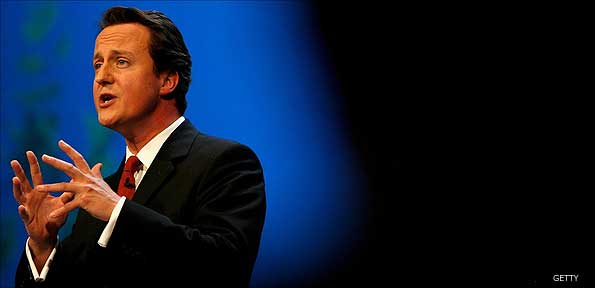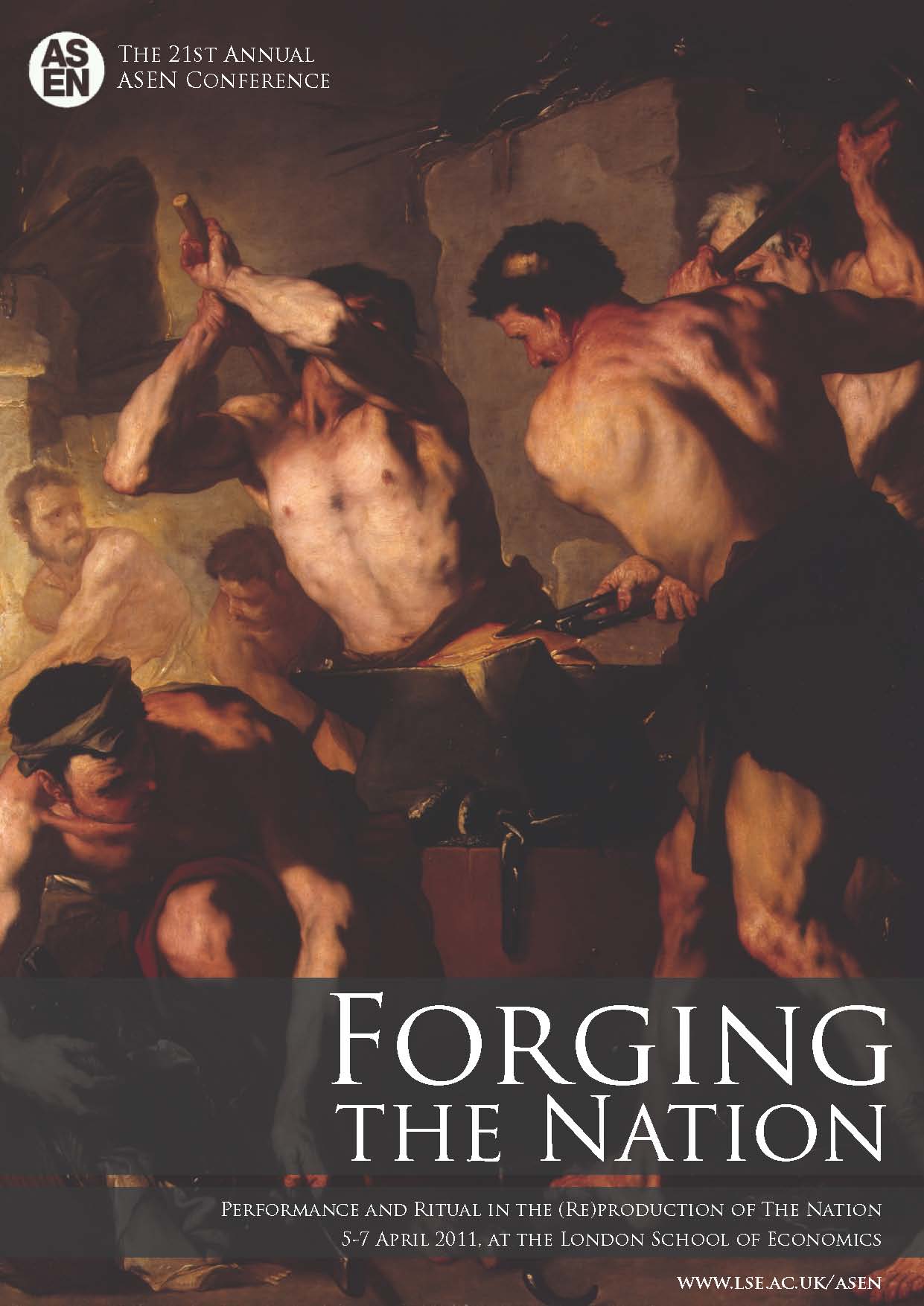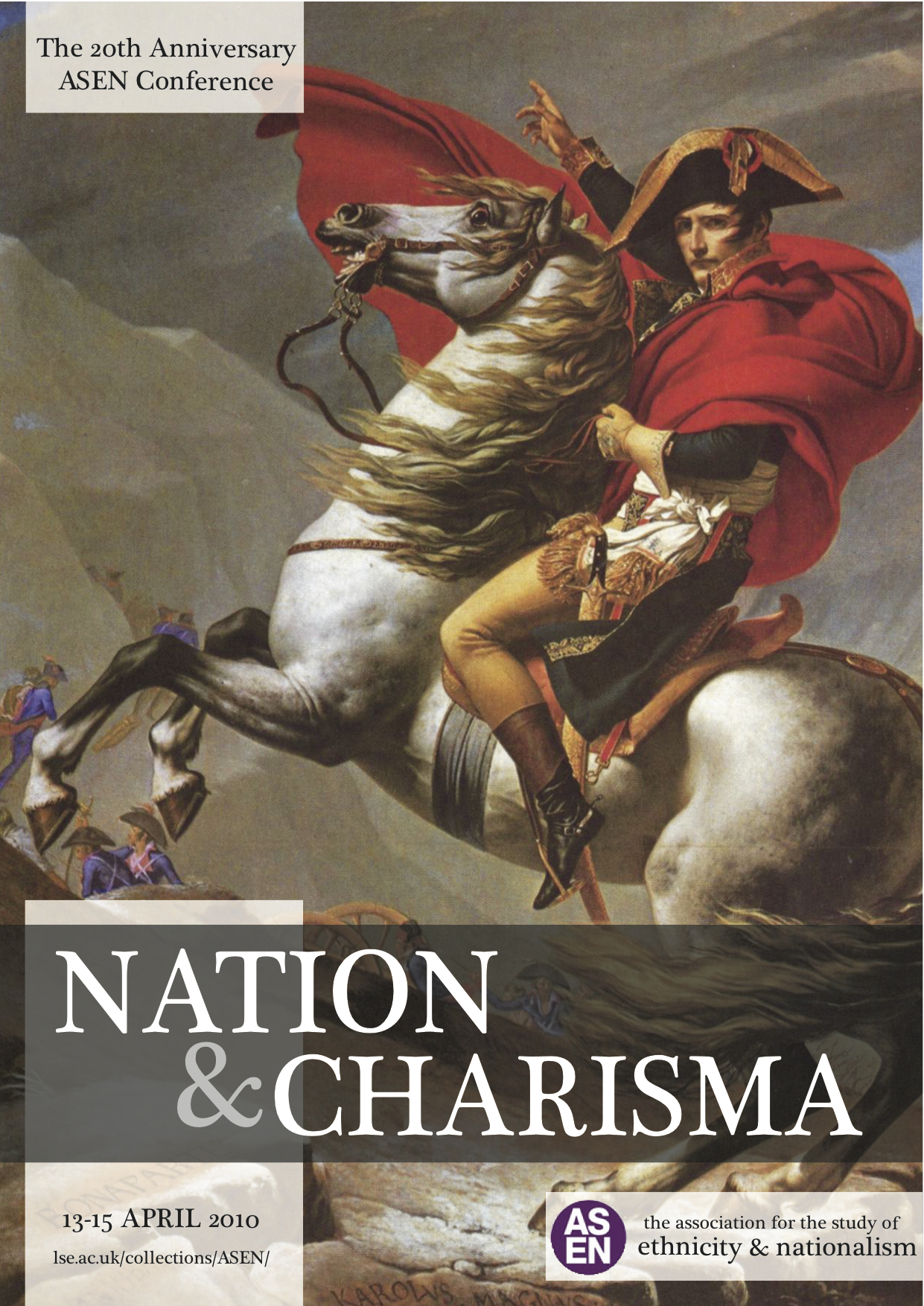by Tasha A. Byers
 Food insecurity – the unavailability and structural inaccessibility to adequate levels of food to the majority of any population — affects women, children, rural poor, and ethnic minorities in North America, Europe, the Middle East, Latin America, Asia, and Africa. It is a problem that concerns local food systems, but it is global in scope.
Food insecurity – the unavailability and structural inaccessibility to adequate levels of food to the majority of any population — affects women, children, rural poor, and ethnic minorities in North America, Europe, the Middle East, Latin America, Asia, and Africa. It is a problem that concerns local food systems, but it is global in scope.
Food insecurity is also an impediment to the well-being of the predominantly black populations in cities like Detroit, Michigan, in the United States and Cape Town, South Africa. Historically, the black populations in these countries suffered from racially discriminatory and segregationist policies. Although later abolished, the residue of those policies created the present economic and spatial barriers that now prevent urban blacks from easily accessing healthy and nutritious food.



